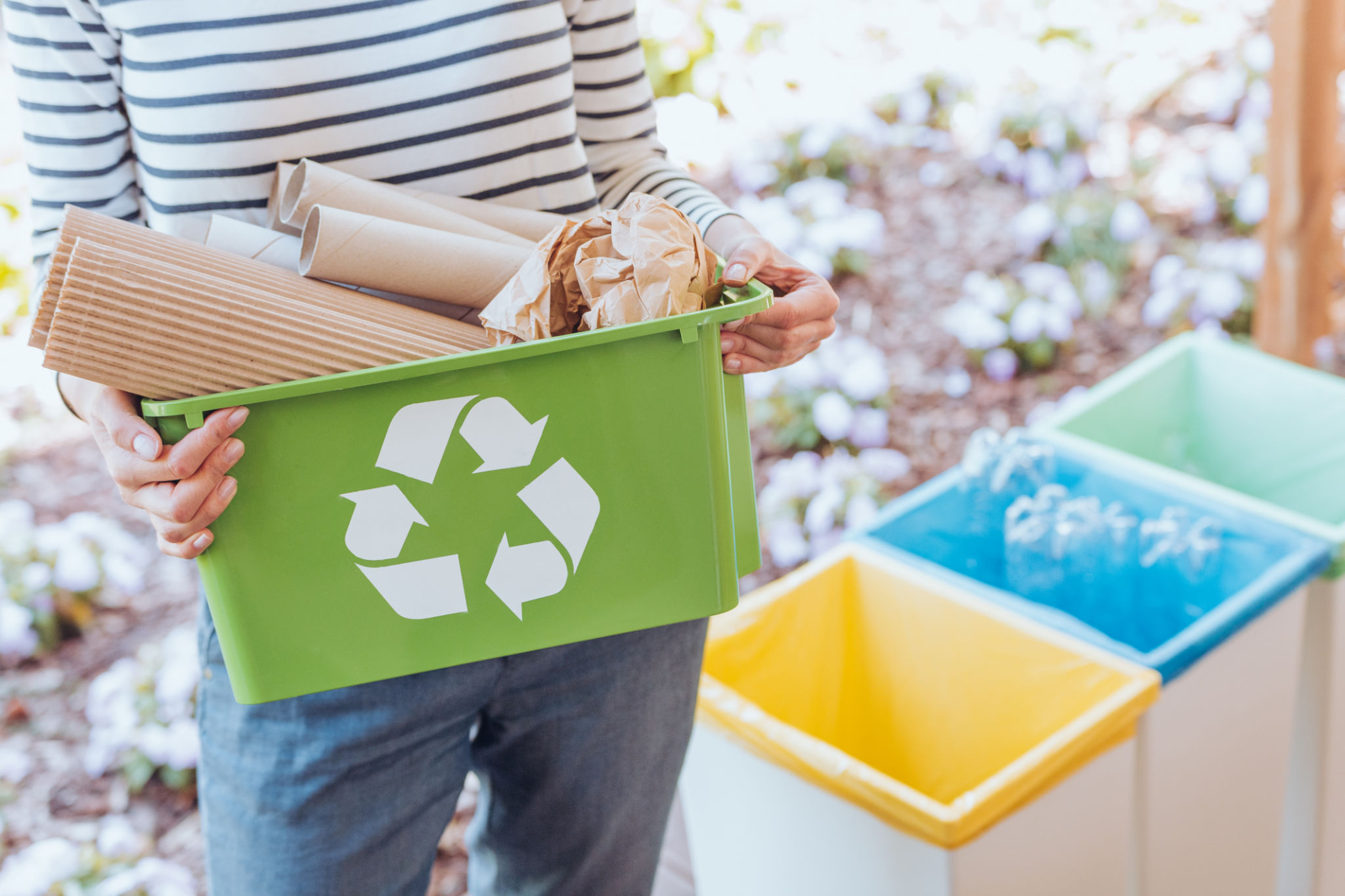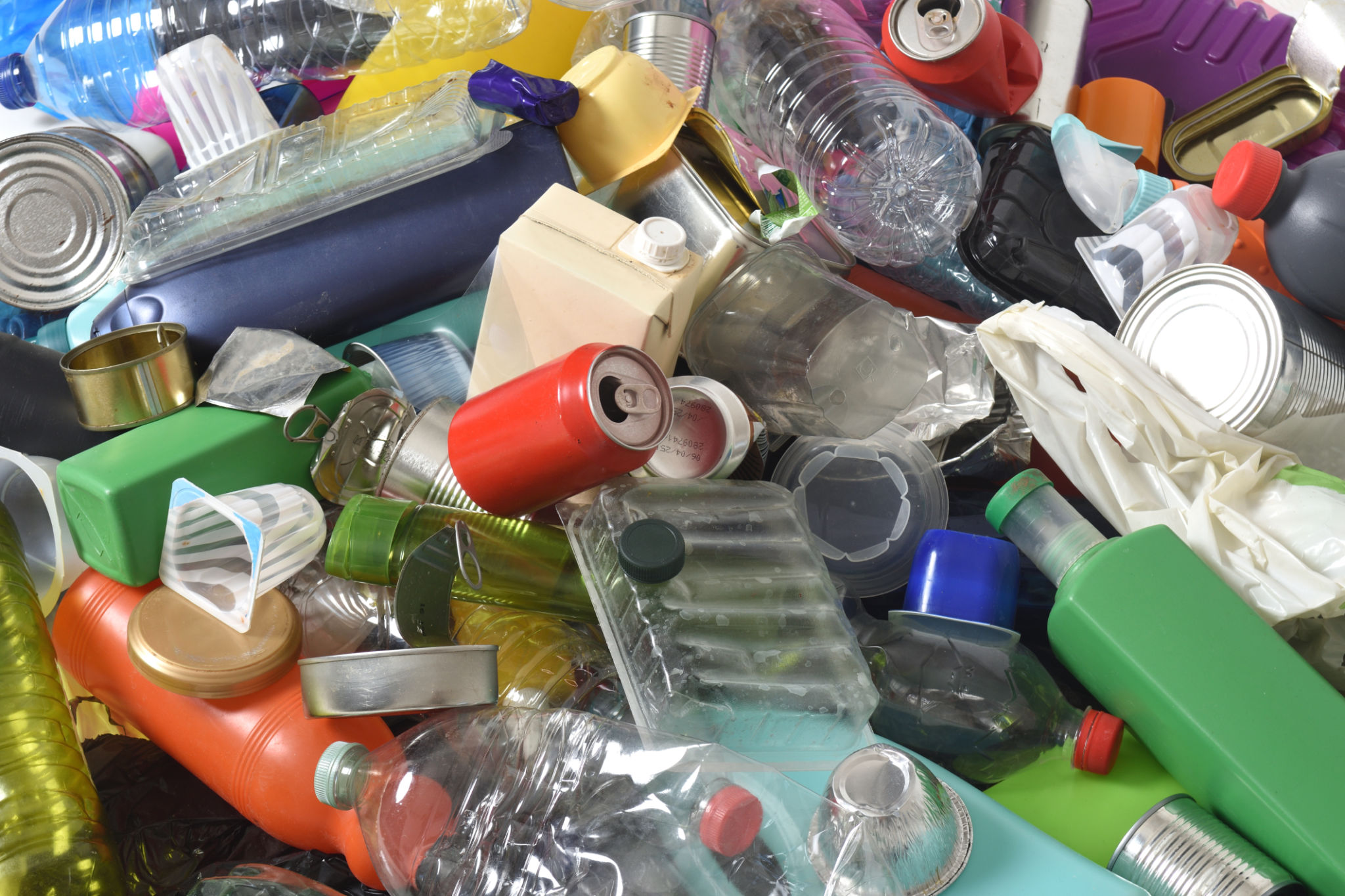The Ultimate Guide to Eco-Friendly Junk Removal
Understanding Eco-Friendly Junk Removal
Eco-friendly junk removal is more than just a trend—it's a responsible approach to managing waste that reduces environmental impact. By choosing eco-friendly methods, you help divert waste from landfills, conserve natural resources, and promote recycling and reuse. This guide will walk you through the essentials of making your junk removal process as green as possible.

Benefits of Eco-Friendly Junk Removal
There are numerous benefits to opting for eco-friendly junk removal practices. These methods help reduce pollution, conserve resources, and lower greenhouse gas emissions. Additionally, by supporting companies that prioritize sustainability, you contribute to a greener economy and encourage other businesses to adopt similar practices.
Eco-friendly junk removal often involves sorting materials for recycling and donation, which not only minimizes landfill waste but also supports local charities and communities. This approach ensures that usable items find a new home instead of being discarded.
Choosing the Right Eco-Friendly Junk Removal Service
When selecting a junk removal service, it's important to consider their commitment to sustainability. Look for companies that offer transparency about their waste disposal methods. A reputable service should provide details on how they recycle, donate, and dispose of materials.
Ask potential services about their partnerships with recycling centers and charities. A strong relationship with these organizations indicates a genuine commitment to eco-friendly practices. Read customer reviews and testimonials to gauge their environmental responsibility.

DIY Eco-Friendly Junk Removal Tips
If you prefer handling junk removal on your own, there are several steps you can take to make the process eco-friendly. Start by categorizing items into recyclable, reusable, and non-recyclable groups. Research local recycling facilities and donation centers to ensure proper disposal of each category.
Consider hosting a garage sale or using online platforms to sell or give away items in good condition. This not only reduces waste but also supports a circular economy by keeping items in use longer.
Commonly Recyclable Materials
Understanding what materials can be recycled is crucial for effective eco-friendly junk removal. Commonly recyclable materials include:
- Paper and cardboard: Newspapers, magazines, and cardboard boxes are easily recyclable.
- Metals: Aluminum cans, tin cans, and scrap metal can be recycled multiple times without degrading in quality.
- Plastics: Many types of plastic can be recycled, but it's important to check local guidelines for specific acceptance criteria.
- Electronics: E-waste like old computers and phones contains valuable materials that can be recovered through specialized recycling programs.

Challenges in Eco-Friendly Junk Removal
Despite its benefits, eco-friendly junk removal can present challenges. Not all materials are easily recyclable, and some require special handling due to hazardous components. Additionally, the availability of recycling facilities can vary by location, making it difficult for some people to access appropriate services.
To overcome these challenges, stay informed about local regulations and resources for recycling and safe disposal. Community events like hazardous waste collection days can offer convenient solutions for disposing of difficult items.
The Future of Junk Removal
The future of junk removal is leaning heavily towards sustainability. Innovations in recycling technology and increased awareness about environmental issues are driving changes in how we manage waste. As more businesses and consumers prioritize eco-friendly practices, the industry is expected to grow and evolve, offering more efficient and sustainable solutions.
By adopting eco-friendly junk removal practices today, you contribute to a cleaner planet for future generations. Making informed choices about how you dispose of unwanted items can have a significant positive impact on the environment.